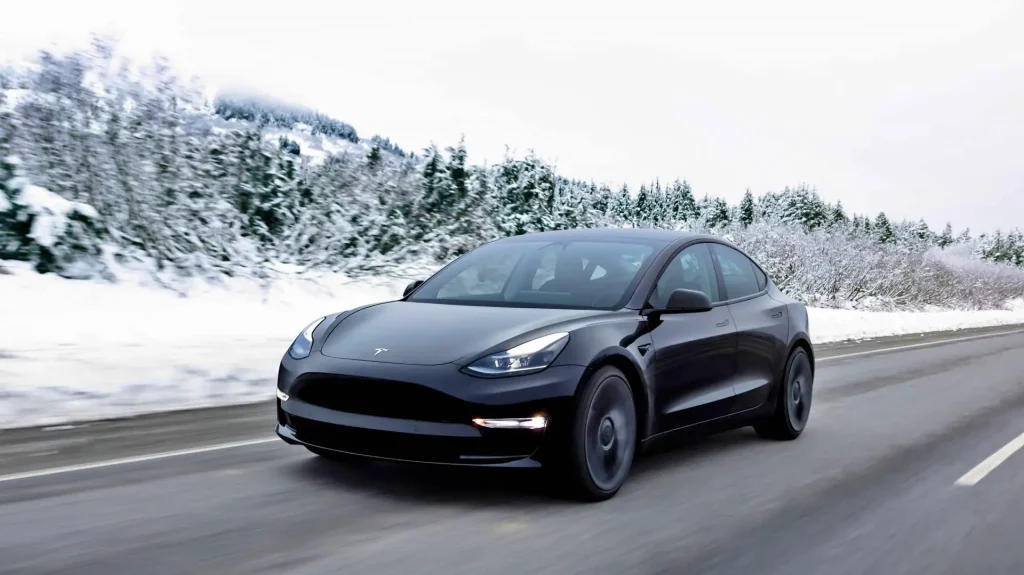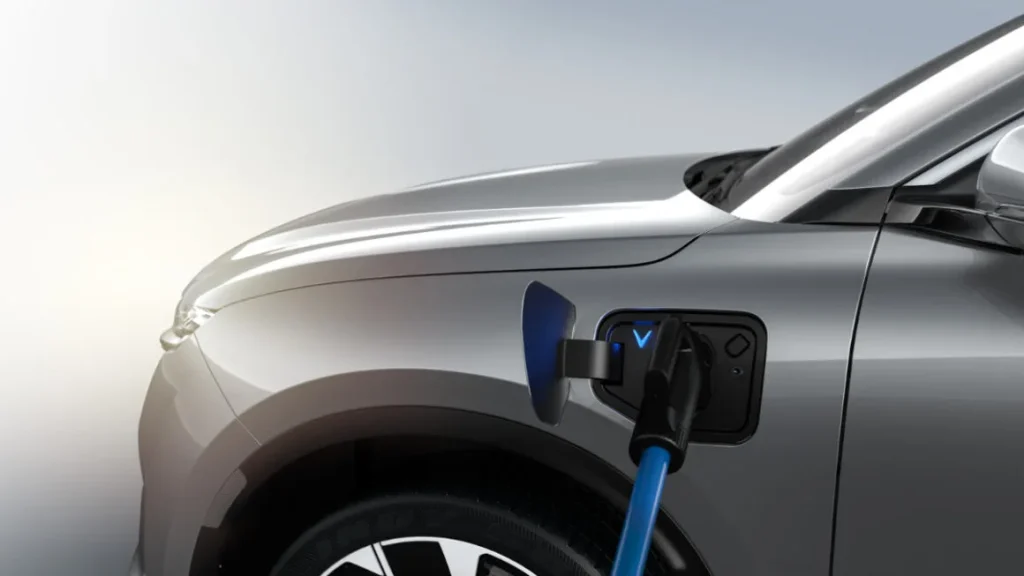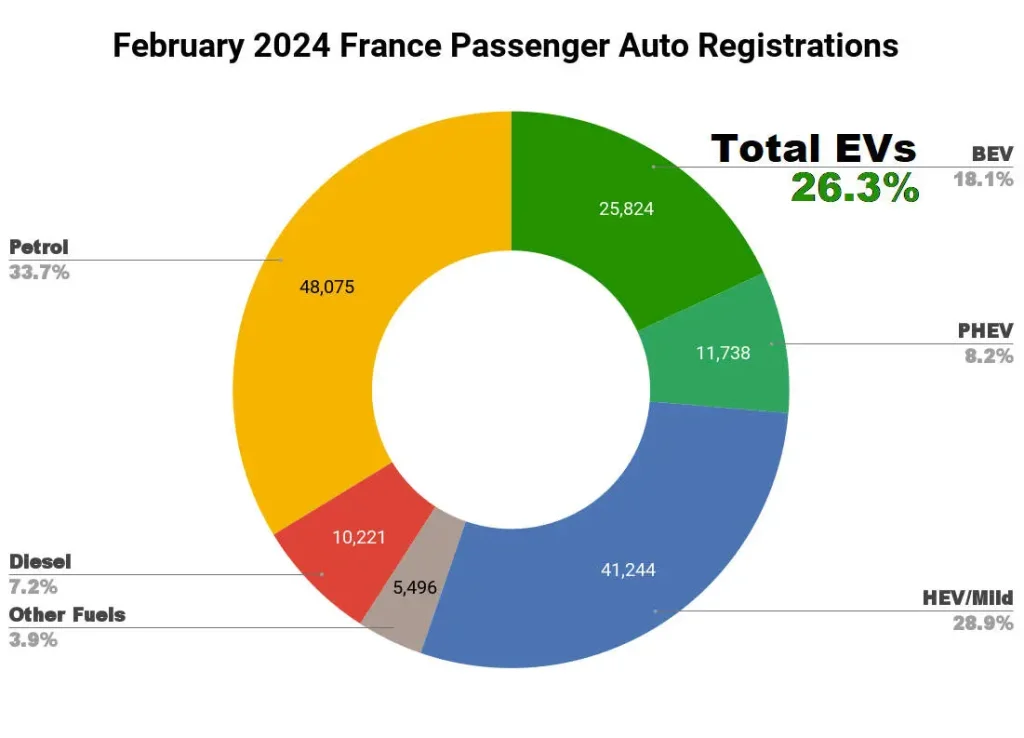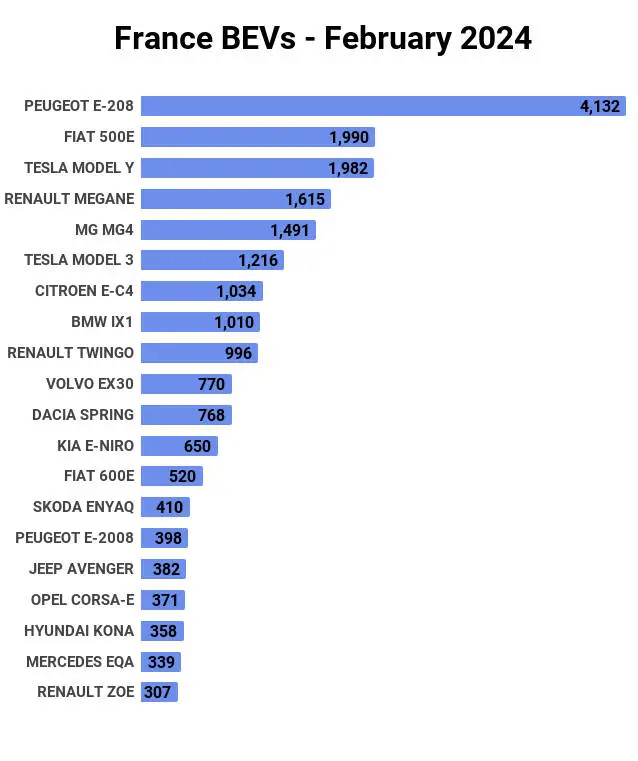The Electric Revolution Continues: March 2024 Industry News
News分类News Categories

Biden–Harris Administration Allocates $5 Million To Boost Domestic Manufacturing And Aid Small- To Medium-Sized Manufacturers

Funding and Program Overview:
The Biden-Harris Administration grants nearly $5 million to support 37 small- and medium-sized manufacturers through the IAC Implementation Grants program.
These grants, providing up to $300,000 per manufacturer, aim to implement energy-saving recommendations.
Impact on Energy Efficiency and Emissions Reduction:
The funded projects are expected to cut about 17 million pounds of carbon dioxide emissions annually, aligning with President Biden’s net-zero economy goal.
These efforts boost American manufacturing, create jobs, and tackle environmental challenges.
Support for Industrial Decarbonization and Environmental Justice:
President Biden’s agenda backs decarbonization solutions vital for transforming the industrial sector and promoting energy and environmental justice.
These grants empower SMMs, benefitting over 90% of the nation’s manufacturing base.
Program Structure and Future Opportunities:
The IAC Implementation Grants program offers rolling funding of $80 million, allowing SMMs to apply year-round.
Eligible SMMs can receive up to $300,000 per funding round starting April 1, 2024, with opportunities for new projects.
Monthly “office hour” sessions address program questions, ensuring accessibility.
Collaboration between DOE, MESC, and ENERGYWERX expedites clean energy solutions’ development and deployment.

Vietnam's Electric Vehicle Industry Sparks Enthusiasm

Current State and Potential of Vietnam's EV Market:
Road transport contributes significantly to Vietnam’s greenhouse gas (GHG) emissions, comprising 18% of the national total.
Vietnam’s electric vehicle (EV) market shows promise, particularly in the electric 2-wheeled segment, due to the high prevalence of motorbikes.
Despite the success in 2-wheeled EV adoption, there’s a growing demand for rapid passenger vehicles, especially considering the expected increase in passenger vehicle ownership by 2030.
Policy Landscape and Challenges:
Concrete steps have been taken to advance the EV market in Vietnam, including the Action Program on Green Energy Transition and Reducing Carbon and Methane Emissions in the Transport Sector.
However, ambitious objectives outlined in the action program haven’t translated into robust policies, particularly in encouraging 2-wheeled EV adoption.
Limited legislation exists for electric passenger vehicles, with some incentives like a three-year exemption on registration fees, but more substantial fiscal and non-fiscal policies are needed to drive adoption.
Infrastructure Development and Industry Growth:
Investment in EV charging stations, led by VinFast, has addressed concerns about charging infrastructure availability.
VinFast has installed 150,000 charging ports covering all provinces and municipalities, with the average distance between charging ports continuously decreasing.
The industry shows excitement for growth, with opportunities for new countries to enter the market and meet the rapid demand for passenger vehicles in Vietnam, aided by lessons learned from established EV markets.

France: Peugeot E-208 Leads With EVs At 26.3% Market Share

Market Trends and Performance in France:
In February, plugin electric vehicles (EVs) held a 26.3% share in France, marking an increase from 23.8% in February 2023.
Full electric volume surged by 32% year-on-year (YoY), with plugin hybrid volume growing by 12%.
Despite an overall auto volume increase of 13% YoY, it remains below pre-pandemic norms, with Peugeot e-208 leading as the best-selling full electric vehicle.
Pricing Discrepancies and Industry Analysis:
Automotive Lithium Iron Phosphate (LFP) cells cost approximately 44€/kWh for large suppliers in China, indicating potential for affordable electric vehicles (EVs).
However, European car buyers face higher EV prices compared to actual cost reductions in core technologies, potentially due to manufacturer profit margins and limited competition.
Pricing disparities suggest European consumers may be overcharged for EVs despite technological advancements reducing costs.
Policy Implications and Market Response:
Record-low diesel market share in France at 7.2% signals changing consumer preferences and environmental awareness.
Despite pricing issues, Peugeot e-208 maintains its position as the best-selling EV in France, with other models also gaining traction in the market.
Impact of Regulations and Market Dynamics:
Changes in eco-bonus rules in France will affect EV models made outside Europe, leading to pre-March 15th rush in deliveries and potential sales drop thereafter.
New EV models like the BMW iX2 and BYD Seal enter the French market, with expectations for adjustments in response to market dynamics and regulations.
Continued Market Evolution and Future Projections:

Market dynamics suggest fluctuations in EV rankings as manufacturers adjust to regulatory changes and consumer demands.
Despite challenges, EV adoption continues, with the potential for market growth and increased competition driving innovation and pricing adjustments.

Thailand Expects EV Sales To Double With New Models
Current EV Sales Projection and Trends:
Thailand’s EV sales are expected to double this year.
New battery EV registrations could surpass 150,000 by year-end.
The share of EVs in total passenger car registrations is projected to rise to 20%.
Demand for EVs is surging due to government incentives and tax cuts.
Government Incentives and Industry Response:
The Thai government introduced incentives such as tax cuts and cash subsidies for EV buyers.
These measures attracted investments and commitments from major Chinese carmakers like BYD Co and Great Wall Motor Co.
Local production lines are being established, enhancing Thailand’s manufacturing capabilities and aligning with carbon neutrality goals.
Projected Growth and Policy Targets:
Anticipated annual EV registrations could reach 225,000 units by 2025, meeting the National EV Policy Committee’s target.
The government aims for new-energy vehicles to comprise 30% of total passenger car usage by 2025.
Infrastructure Challenges:
Despite rapid EV sales growth, the number of public charging stations may lag behind, potentially hindering mass market adoption.
As of September, there were about 8,700 public chargers in Thailand, averaging one charger for every 16.5 EVs.
As the EV market continues to evolve and expand, driven by governmental support, technological advancements, and shifting consumer preferences, the future of transportation looks increasingly electric. With countries like Vietnam, France, and Thailand making significant strides in EV adoption, and with the Biden–Harris Administration’s investment in domestic manufacturing, the journey towards a sustainable and electrified transportation ecosystem is well underway. Together, we stand at the cusp of a new era in mobility, where innovation and sustainability converge to shape a cleaner, greener future for all.


